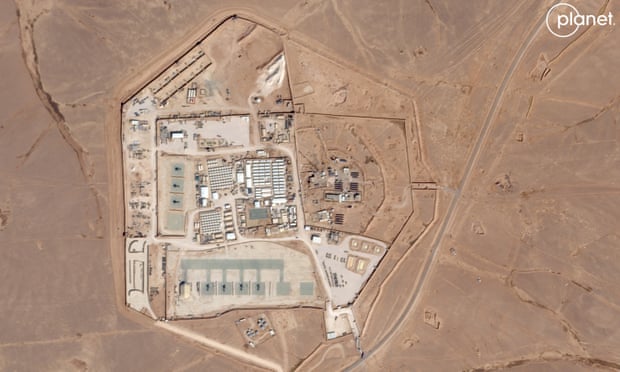
The recent killing of three American soldiers and the injury of dozens in Jordan, attributed to an Iranian-backed group, has crossed a red line in the already perilous region, where the US had, until now, managed to avoid fatalities in over 150 attacks on its military bases by Iranian proxies since the onset of the Israel-Hamas war.
President Biden now confronts the challenge of determining the appropriate response. Options presented to him include targeting Iranian sites linked to munitions production, training, and equipping of surrogate forces. Some Republican senators and former US generals are urging more direct action, advocating for airstrikes on Iran.
Wesley Clark, a retired general, emphasized the need to take out Iran's capabilities and strike at the source directly. The situation puts pressure on Biden to navigate a fine line between restoring deterrence and avoiding a full-fledged conflict with Iran.
A potential airstrike in Iran would be a significant step, and concerns about civilian casualties and the risk of an all-out war, similar to those faced by Trump in 2019, weigh heavily on Biden's decision. The region is already a battleground with ongoing conflicts, including a US-led coalition in Yemen and the looming threat of an Israeli-Hezbollah war in Lebanon.
Nicholas Heras from the New Lines Institute notes the administration's challenging position of competing with China in Asia, confronting Russia in Europe, and addressing tensions with Iran in the Middle East. The delicate balance is becoming increasingly difficult to maintain as the region edges toward a potential face-off between the US and Iran.
While neither capital desires an all-out war, Iran's strategy involves escalating proxy conflicts to pressure the US to withdraw its troops. Retaliatory strikes by the US have proven insufficient, prompting calls for a more robust response. Possible options include targeting Iranians and Iranian hardware outside Iran's borders, such as attacking Iranian warships supporting the Houthis or striking IRGC bases in Syria.
However, these options come with considerable risks, including potential complications in relations with Iraq if striking IRGC facilities in the country. The situation remains complex, requiring a careful and measured response to degrade the capabilities of forces targeting US bases without further inflaming an already challenging situation.
